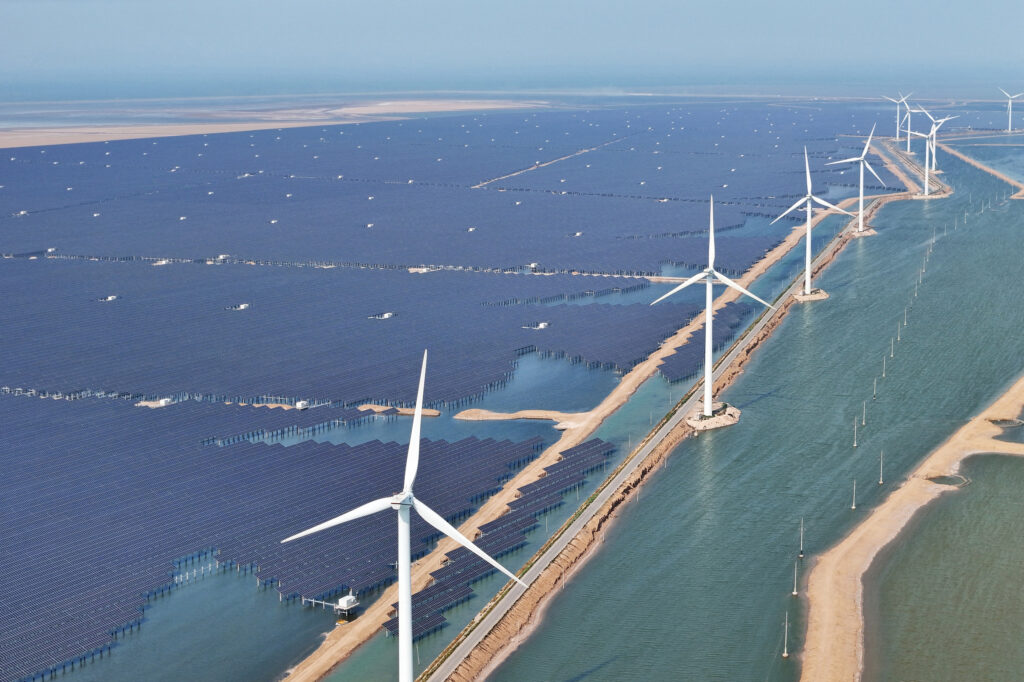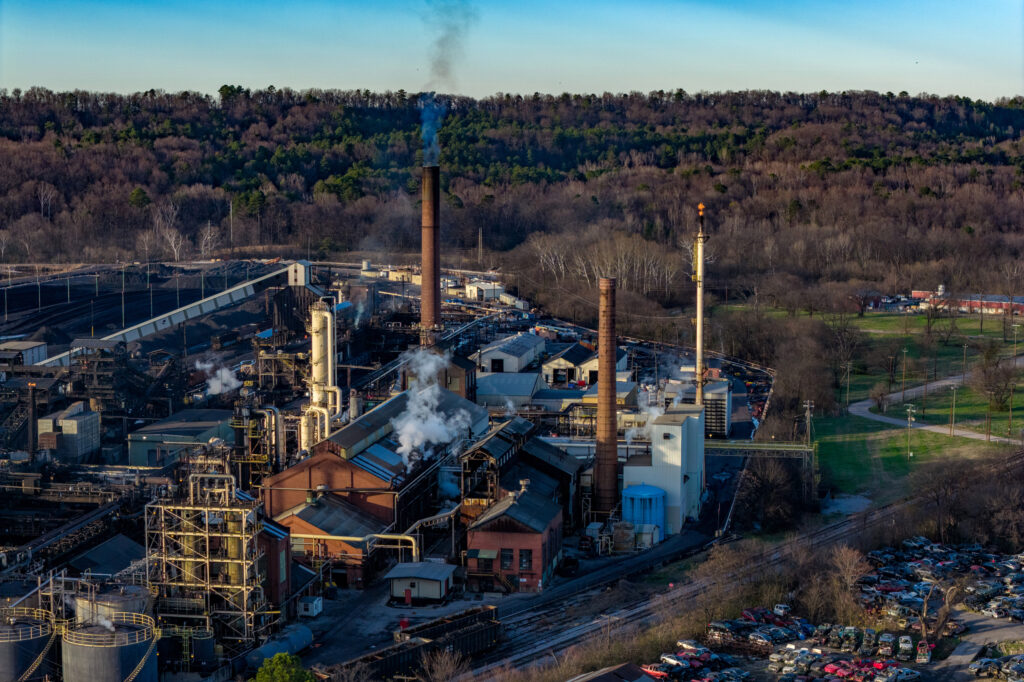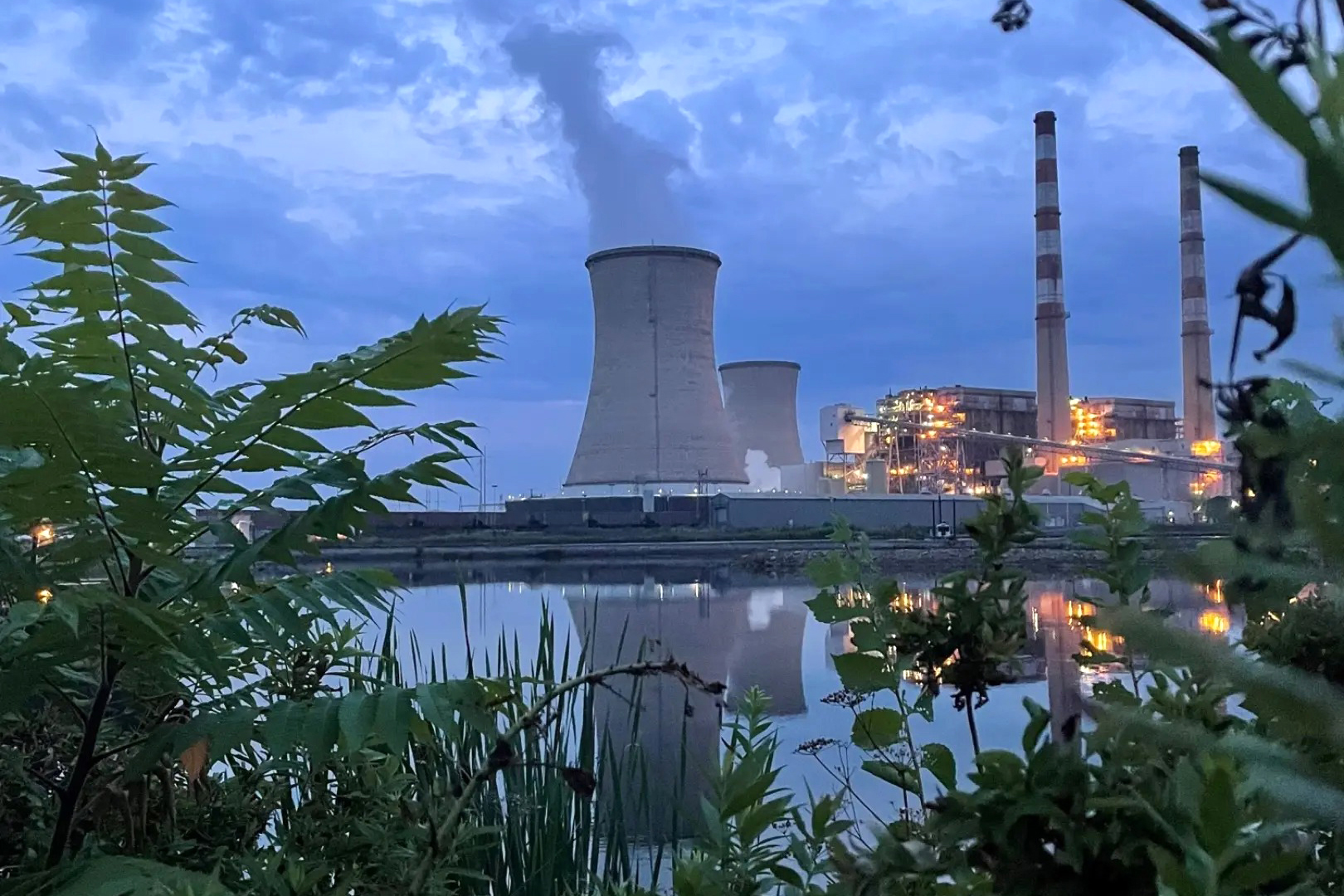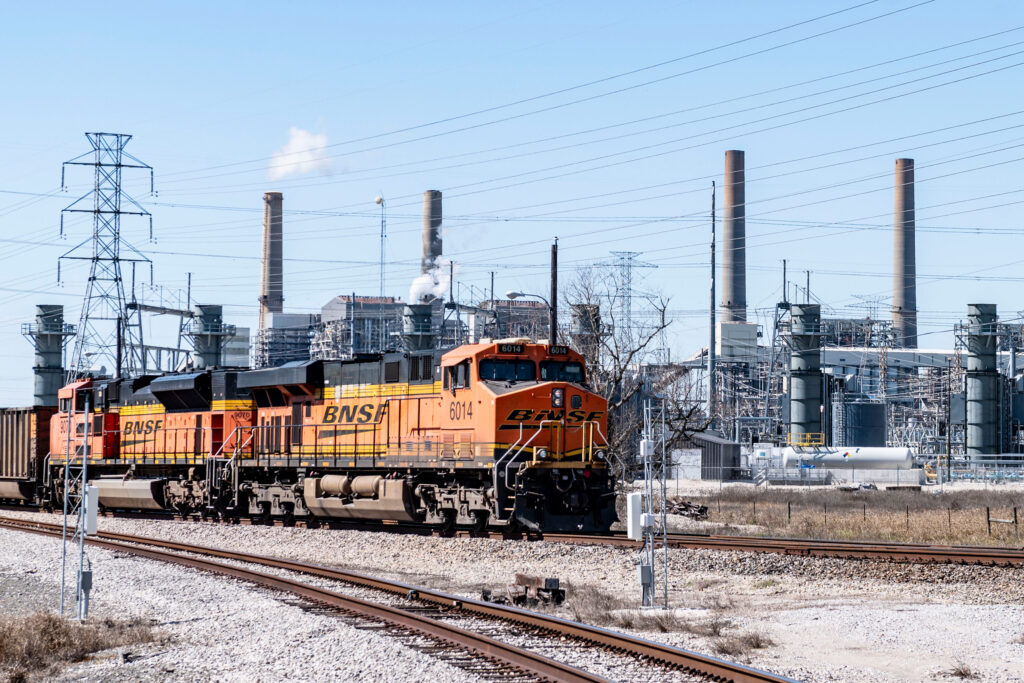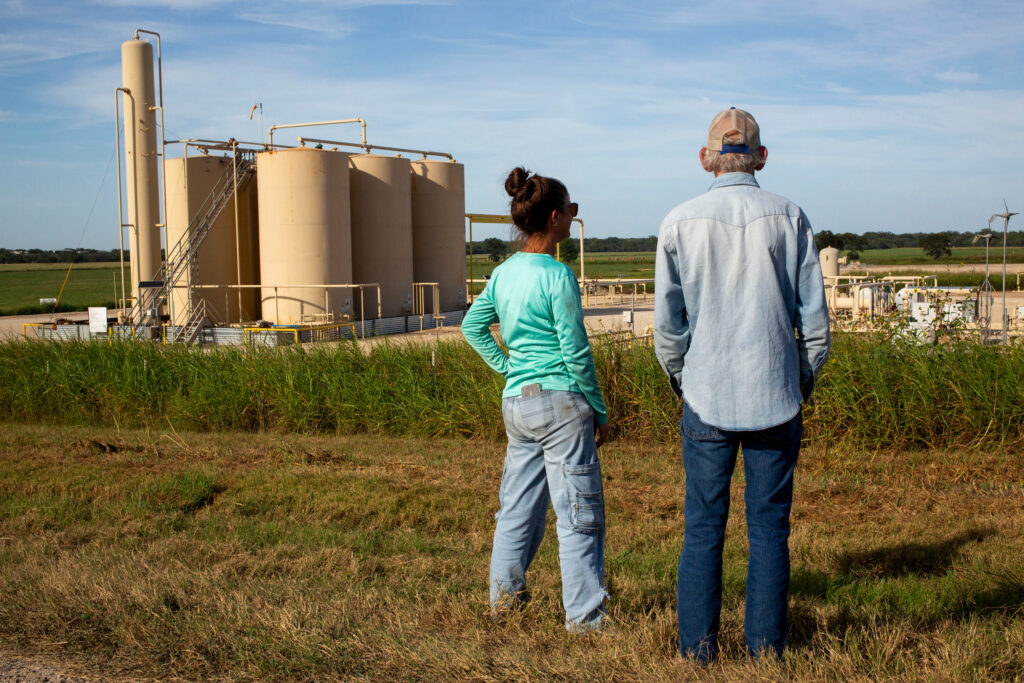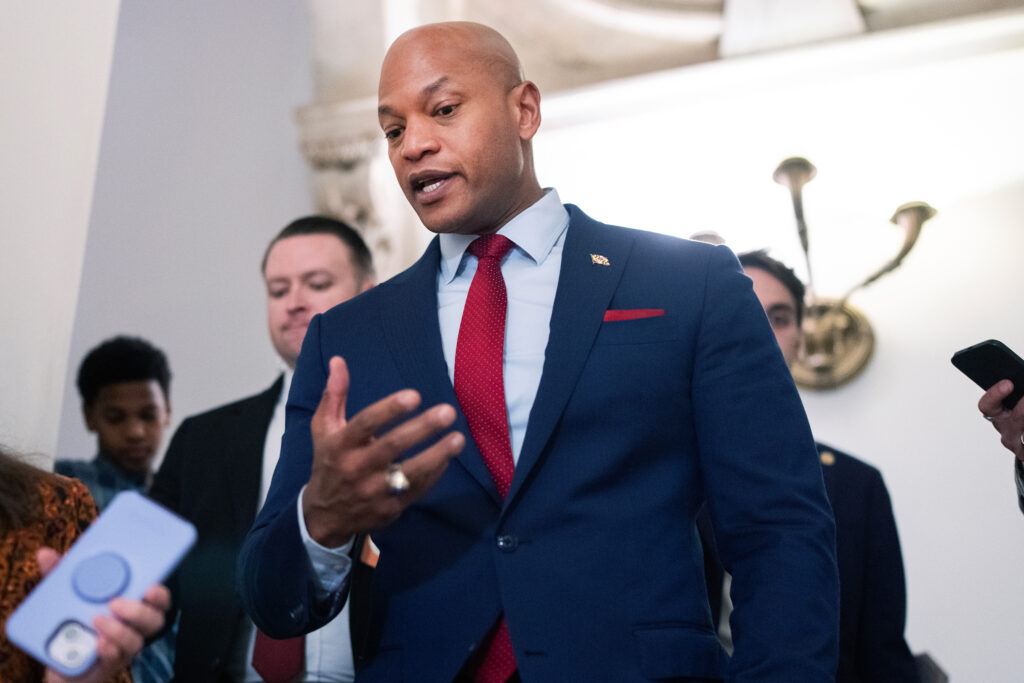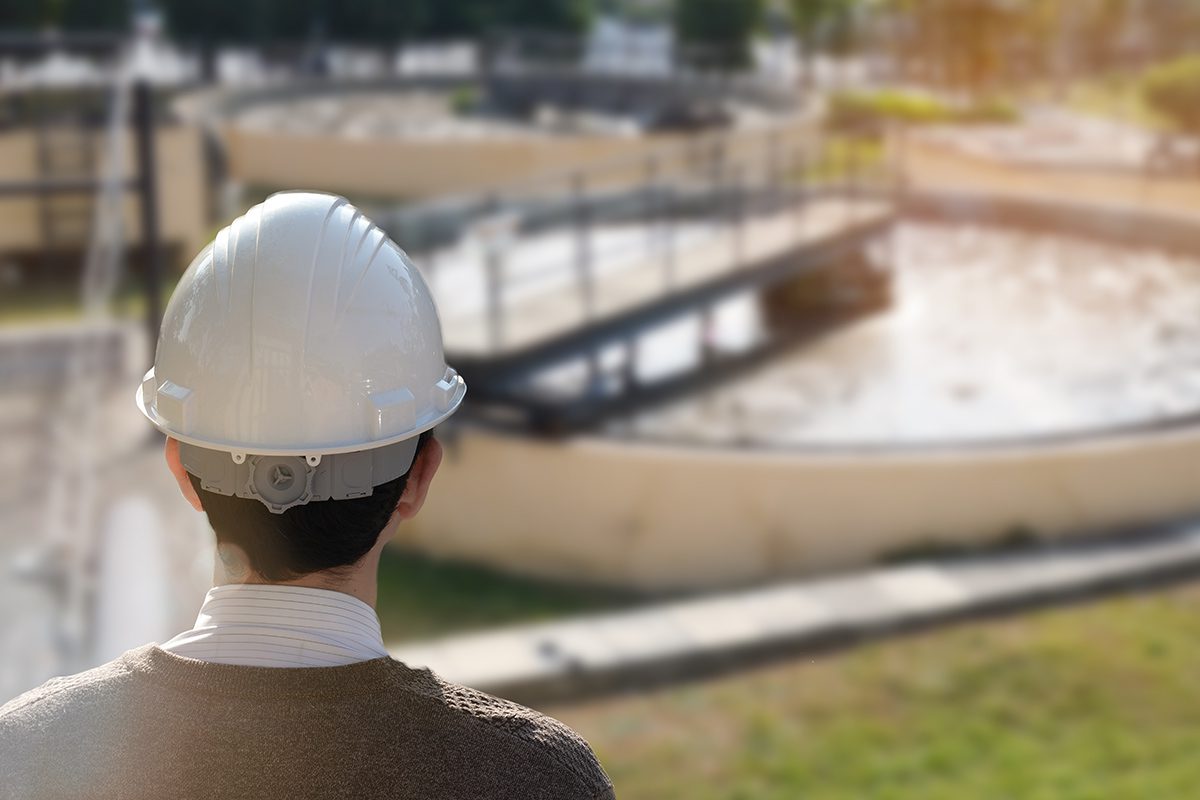A new lawsuit accuses the state commission overseeing Florida’s electric providers of slowing the transition to cleaner energy by sanctioning utility plans that favor fossil fuels.
The complaint against the Public Service Commission was filed on behalf of six young Floridians, ranging in age from 18 to 25. The litigation argues the commission’s actions violate state law and the constitutionally protected rights of the state’s youth to a safe and livable future.
“The Commission’s conduct has created and locked in for decades a fossil fuel-dependent electricity sector in Florida that emits nationally and globally significant amounts of climate pollution into the atmosphere,” the lawsuit states. “The Commission’s conduct has prevented the promotion of clean renewable energy that the Legislature said was necessary since 2006.”
The lawsuit was filed in October in Miami-Dade County on behalf of a single plaintiff and amended this month to add five new plaintiffs, all residents of the jurisdiction that the complaint points out is uniquely vulnerable to hotter temperatures, rising seas and more damaging storms. These impacts are intensifying as fossil fuel emissions warm the global climate.
At the center of the litigation are the 10-year site plans submitted annually by the state’s largest electric utilities. According to the lawsuit, the plans represent Florida’s only long-term planning process involving a state agency when it comes to the mix of energy powering homes and businesses here, from coal and natural gas to solar and wind. Gas is responsible for about 75 percent of the electricity consumed in Florida, the complaint states.
The plans consistently favor fossil fuels, even though more affordable renewable options exist and the utilities have set goals for embracing cleaner energy, according to the lawsuit. The plaintiffs seek a declaratory judgment that the commission, by approving the plans, has violated their fundamental rights.
The Florida Public Service Commission declined to comment on pending litigation.
“Young people in Florida are disproportionately and particularly at risk from the impacts of climate change,” said Andrea Rodgers, deputy director of U.S. strategy at Our Children’s Trust, the advocacy group behind the lawsuit. “The Legislature has taken away many venues for them to seek relief from dangerous climate change impacts, so the young people are taking this step as a last resort to protect their constitutional rights.”
Gov. Ron DeSantis, a Republican, signed legislation in May restructuring Florida’s energy policy around reducing reliance on foreign sources, rather than moving toward cleaner energy. The measure erased several instances of the words “climate change” from the state code and also nullified goals aimed at enhancing renewable energy use in the state. The goals had been implemented in 2022 after some 200 young Floridians, all under the age of 25, called for cleaner energy in a petition for rulemaking filed on their behalf by Our Children’s Trust.
The advocacy group has initiated legal actions in every state. In 2020 an appeals court dismissed a case against the federal government over the nation’s fossil fuel-based energy system. A year later another appeals court threw out a similar case in Florida. But in 2023, the group celebrated a groundbreaking victory in Montana, the first time a court in the U.S. declared that a government had a constitutional responsibility to protect people from climate change.
“It makes me really nervous for my future.”
— Gabriela Barreto, University of Florida student
In Florida, Our Children’s Trust brought its latest case because there still are provisions in the law requiring state agencies to prioritize renewable energy, Rodgers said.
The plaintiffs include Delaney Reynolds, a 25-year-old student who has seen hurricanes damage her home and hotter temperatures alter her bike commute to school. Jasmine Williams is an 18-year-old resident of the historically Black community of Overtown, which has been transformed in recent years by climate gentrification, as developers migrate inland.
Julie Topf, 25, has lived in the same home since she was 5, in a neighborhood prone to extreme flooding. One deluge trapped her mother in her car for eight hours. Vanessa Salazar, 19, often worries about her father and brother, who work in construction outdoors. Peter Kellogg is a 22-year-old resident of Key Biscayne who fears sea level rise. Many of the young people have experienced disruptions to their schooling because of climate impacts like hurricanes and suffer from anxiety because of what is facing them in years to come.
“It makes me really nervous for my future,” said Gabriela Barreto, 19, a University of Florida student studying film production, whose neighborhood back in Miami is prone to flooding. “I have a deep connection to the place in which I grew up.”
She added, “We need to just increase understanding of how this is impacting people. Even if it’s in different ways, it’s going to affect all of us.”
About This Story
Perhaps you noticed: This story, like all the news we publish, is free to read. That’s because Inside Climate News is a 501c3 nonprofit organization. We do not charge a subscription fee, lock our news behind a paywall, or clutter our website with ads. We make our news on climate and the environment freely available to you and anyone who wants it.
That’s not all. We also share our news for free with scores of other media organizations around the country. Many of them can’t afford to do environmental journalism of their own. We’ve built bureaus from coast to coast to report local stories, collaborate with local newsrooms and co-publish articles so that this vital work is shared as widely as possible.
Two of us launched ICN in 2007. Six years later we earned a Pulitzer Prize for National Reporting, and now we run the oldest and largest dedicated climate newsroom in the nation. We tell the story in all its complexity. We hold polluters accountable. We expose environmental injustice. We debunk misinformation. We scrutinize solutions and inspire action.
Donations from readers like you fund every aspect of what we do. If you don’t already, will you support our ongoing work, our reporting on the biggest crisis facing our planet, and help us reach even more readers in more places?
Please take a moment to make a tax-deductible donation. Every one of them makes a difference.
Thank you,





